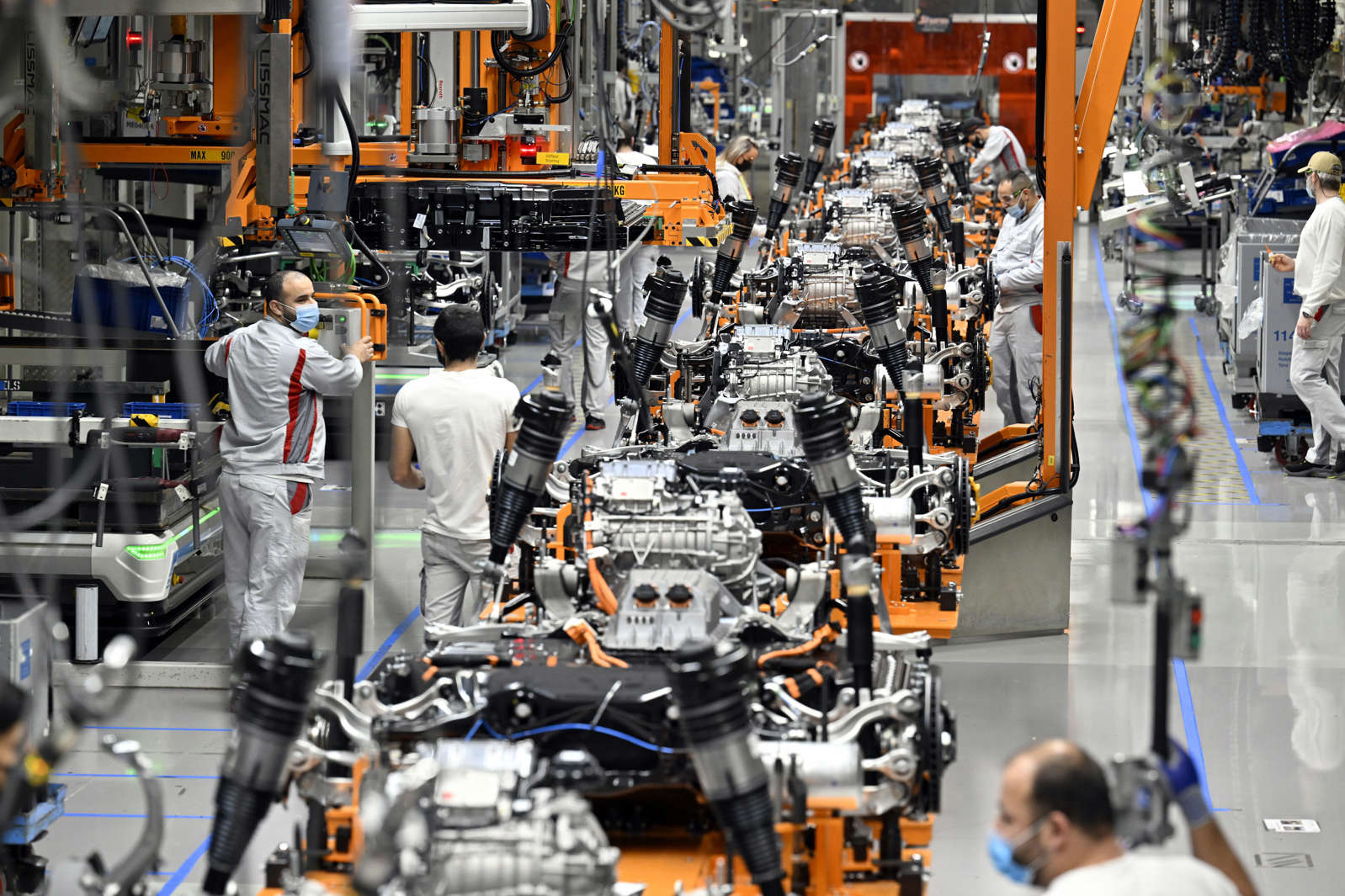The European Commission on Tuesday launched its "European Chips Act" which aims to boost the EU production of microchips in order to reduce dependence on imports.
The move comes in light of a global microchip shortage which has affected many sectors that use them in electronic devices, from electric vehicles to smartphones. The Commission's plan sets out an expenditure of tens of billions to reduce the dependency on other countries.
"We are combining investment, regulatory framework and the necessary strategic partnerships to make Europe a leader in this market that is so important," President Ursula von der Leyen said during a press conference on Tuesday.
The #EUChipsAct is a plan to make Europe a leader in the chips market.
We have a very clear target: by 2030, 20% of the world's microchips should be produced in Europe. https://t.co/hmYxyv5odd — Ursula von der Leyen (@vonderleyen) February 8, 2022
The aim of the plan is to quadruple European production by 2030, which would result in the continent accounting for 20% of world production by the end of the decade, up from 10% now.
Substantial investment
The act, which aims to integrate Member States' national strategies to develop industrial and production capacities, will make available €15 billion in additional public and private investment by 2030, in addition to the €30 billion already expected to be injected into such projects from NextGenerationEU funding.
The United States and China are also investing heavily in the production of the tiny semiconductors in an effort to tackle supply and distribution issues.
Commissioner for Internal Markets Thierry Breton already stated that the Leuven research centre Imec (Interuniversitair Micro-Elektronica Centrum), a world-class leader in the field of microchip research, will play a big role in the upscaling of EU production and will benefit from this investment.
The plan will focus on five key areas, including strengthening research and innovation capacity, adapting state aid rules for public support, improving the ability to anticipate shortages, supporting smaller innovative companies and ensuring European leadership in design and manufacturing.
Rising demand amid production slump
Von der Leyen said how the pandemic exposed the fragility of microchip supply at the same time that demand rose because of the need for high-tech products necessary to enable remote working.
The lockdown measures also touched other sectors, such as the production of electric vehicles across Europe, including at Ghent’s Volvo factory and the Audi production lines in Brussels.

Volvo factory in Ghent. Credit: Belga
In September last year, both von der Leyen and the Commissioner for Internal Markets Thierry Breton warned that the shortage in microchips has "very concrete consequences on the EU economy, jobs and even leisure." In January, von der Leyen announced the new European Chips Act and stressed the need to "radically raise Europe's game on the development, production and use of this key technology."
The Act creates a framework for investment but von der Leyen highlighted that "the key to our success lies in Europe's innovators, in our world-class researchers... Europe can be the home of the next industrial revolution."

